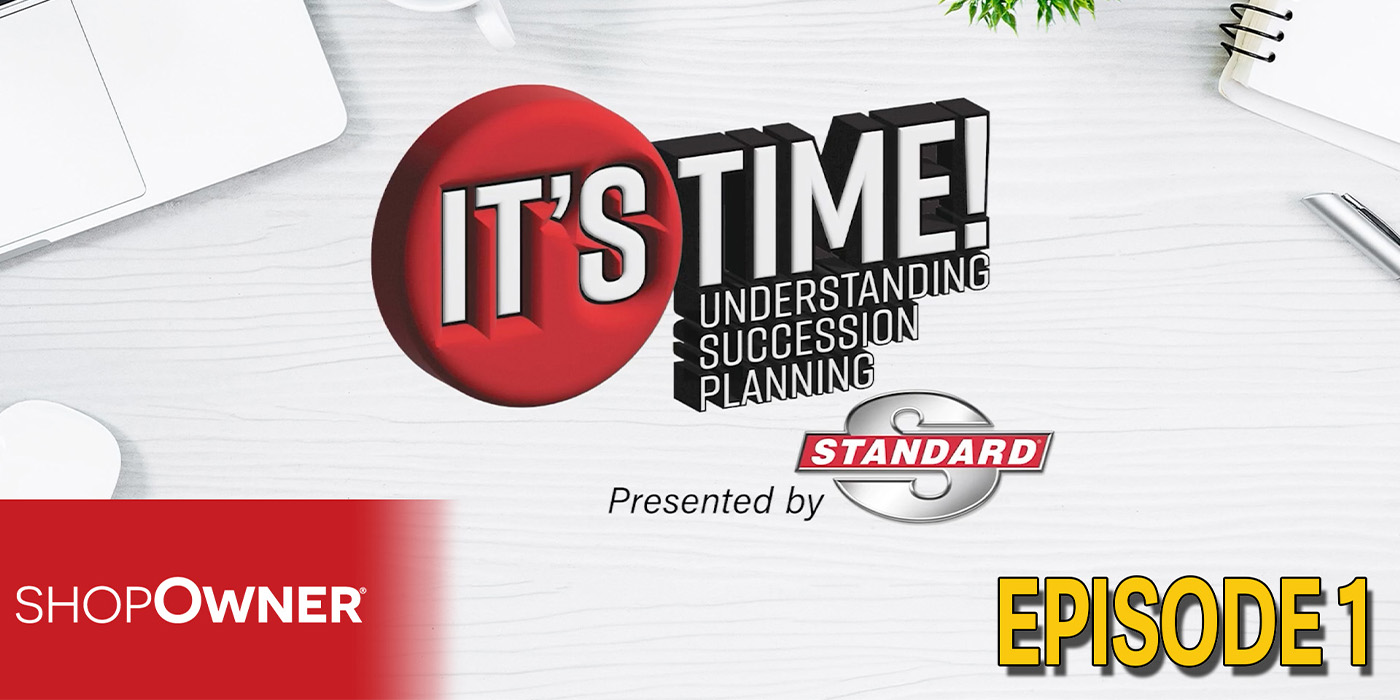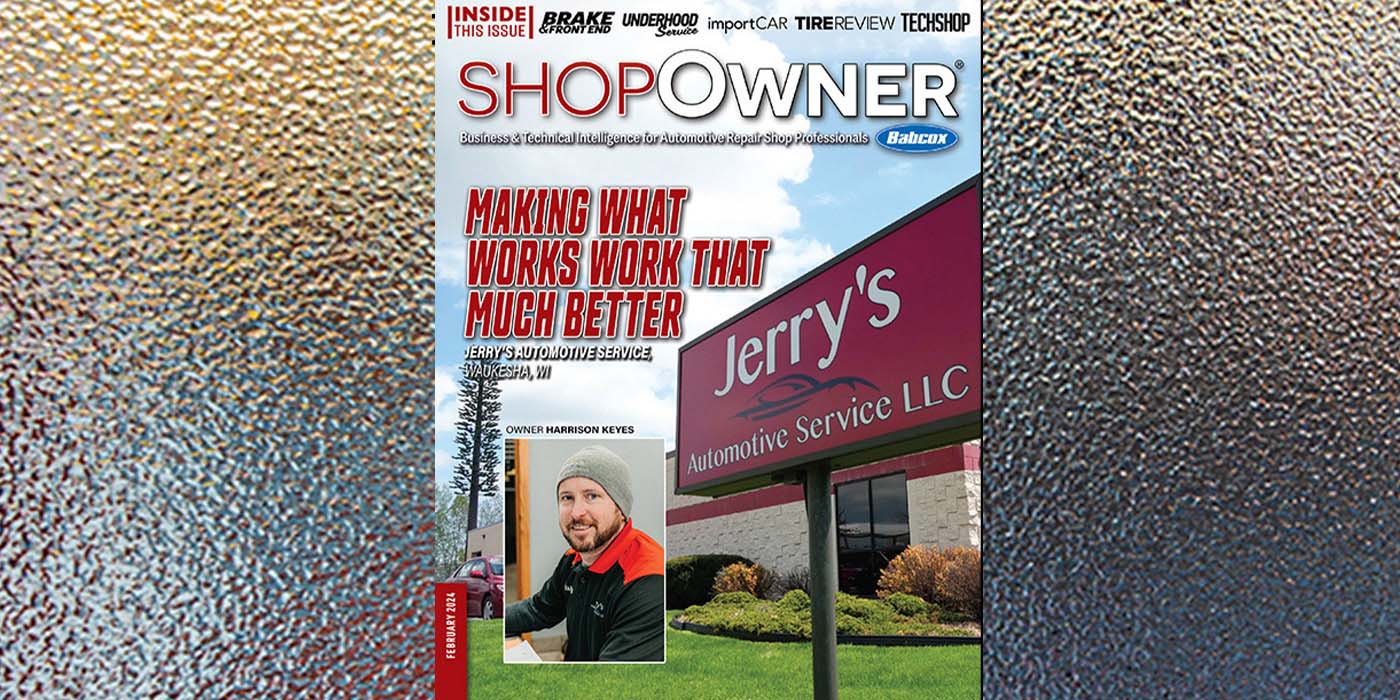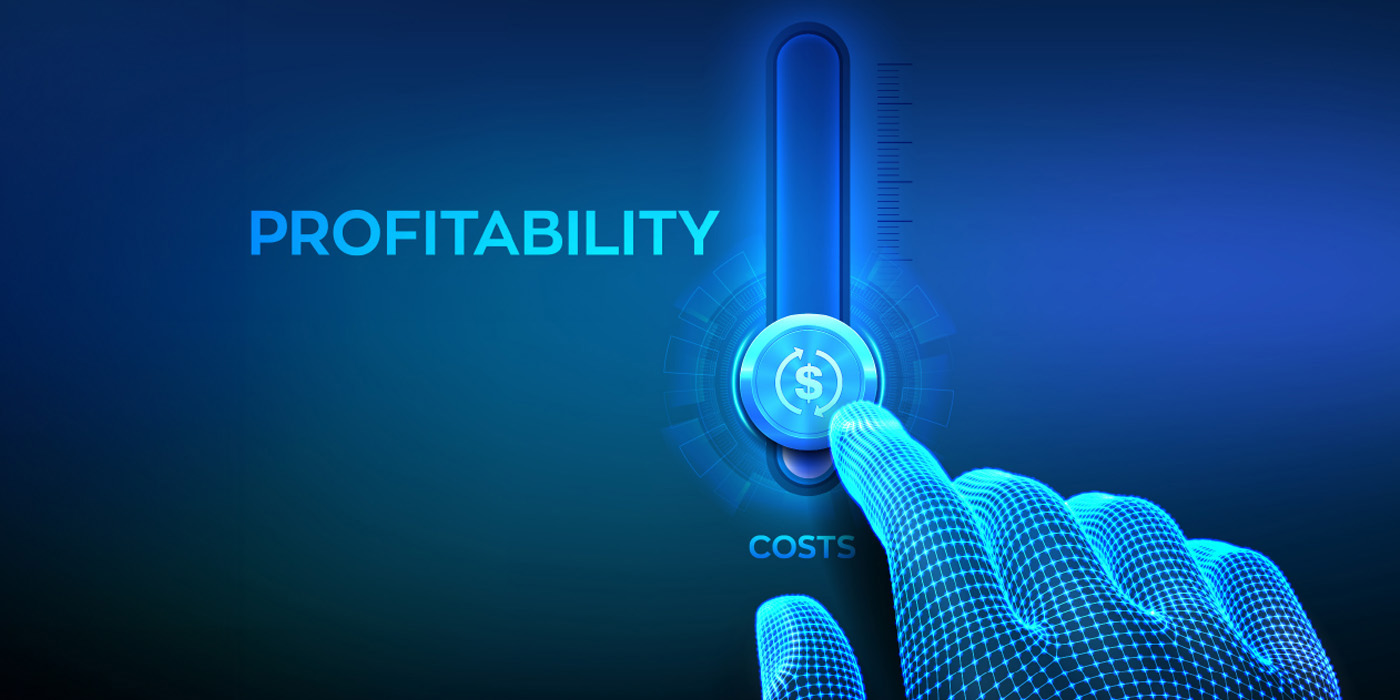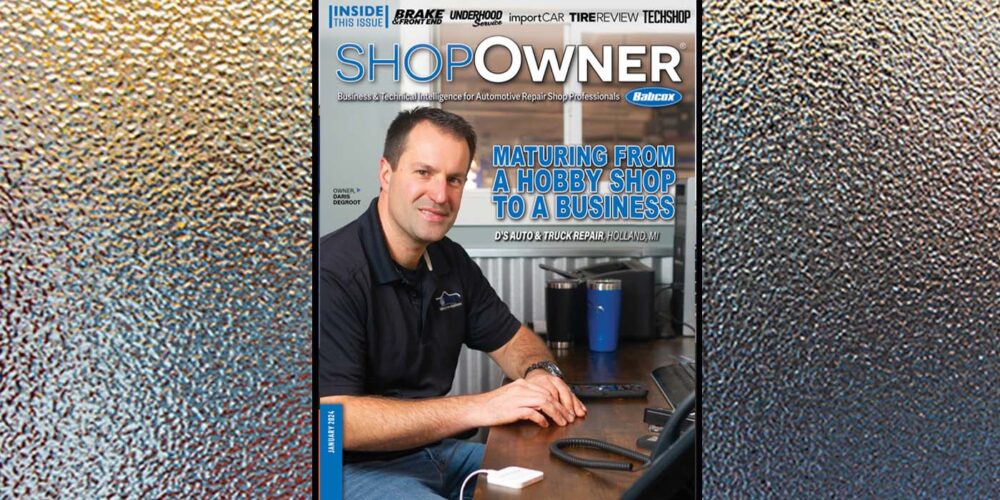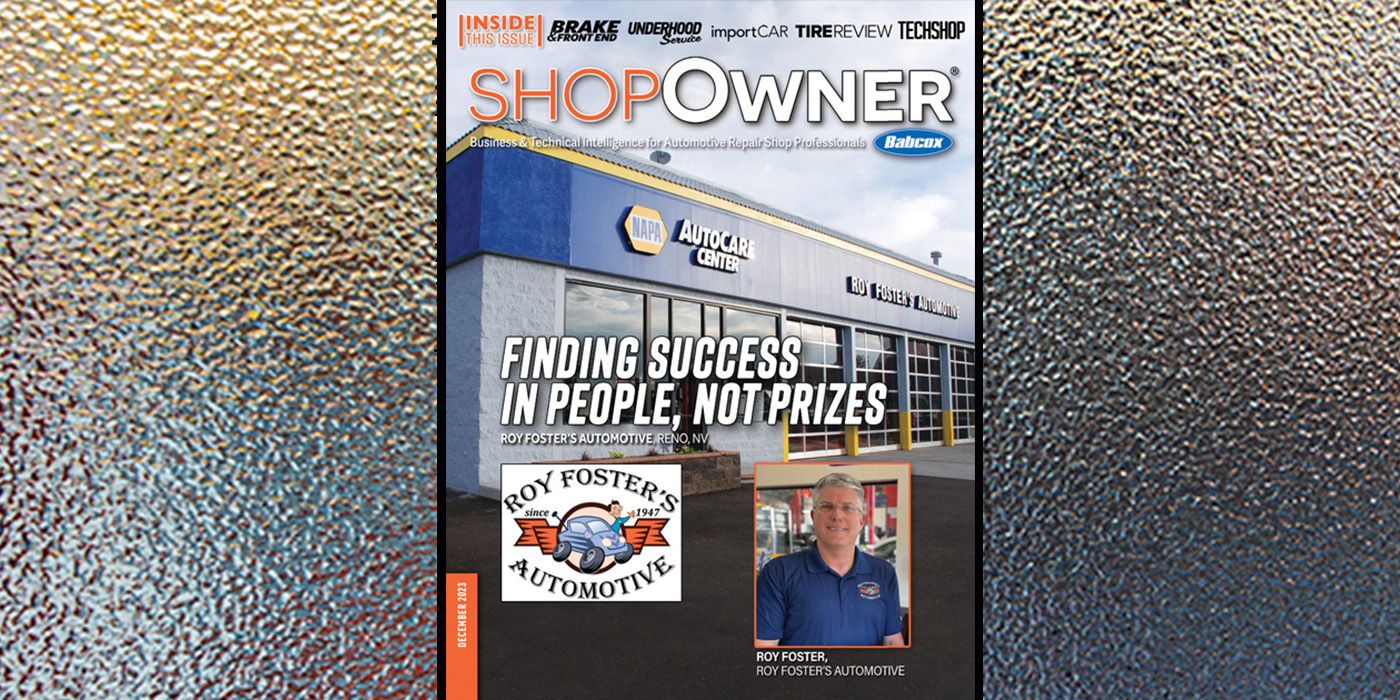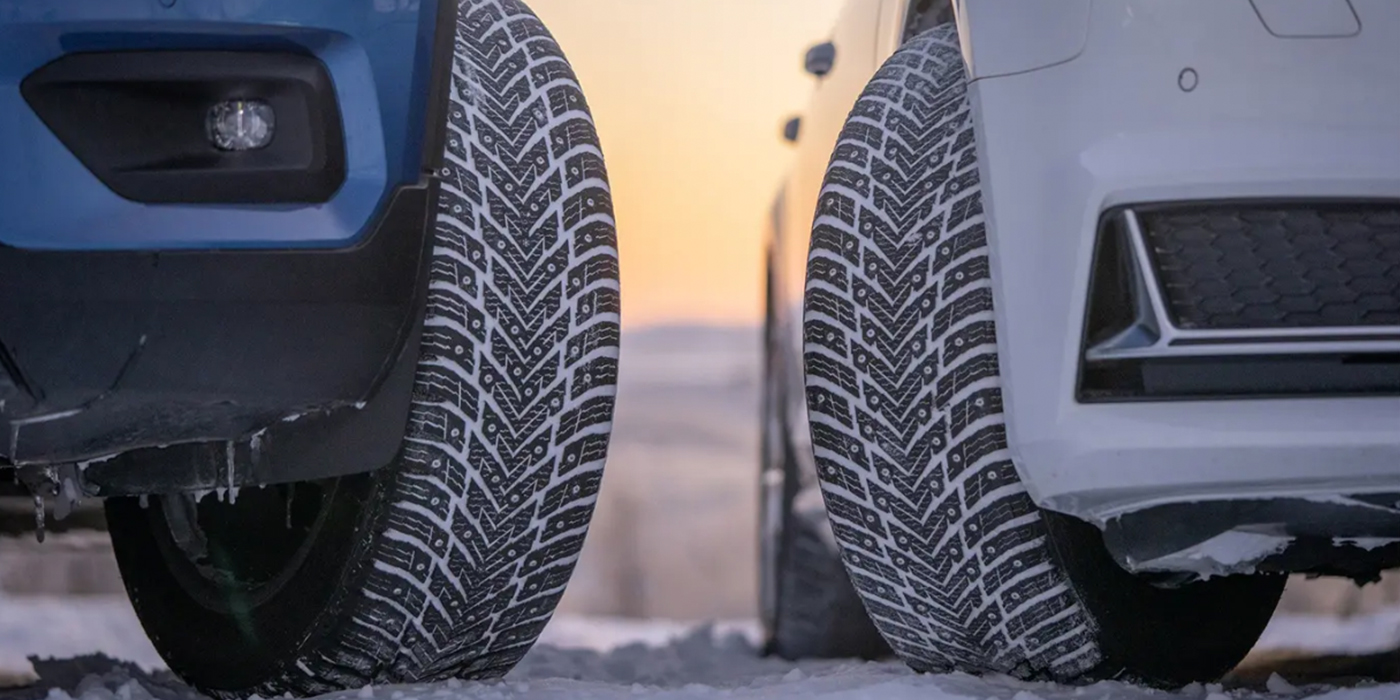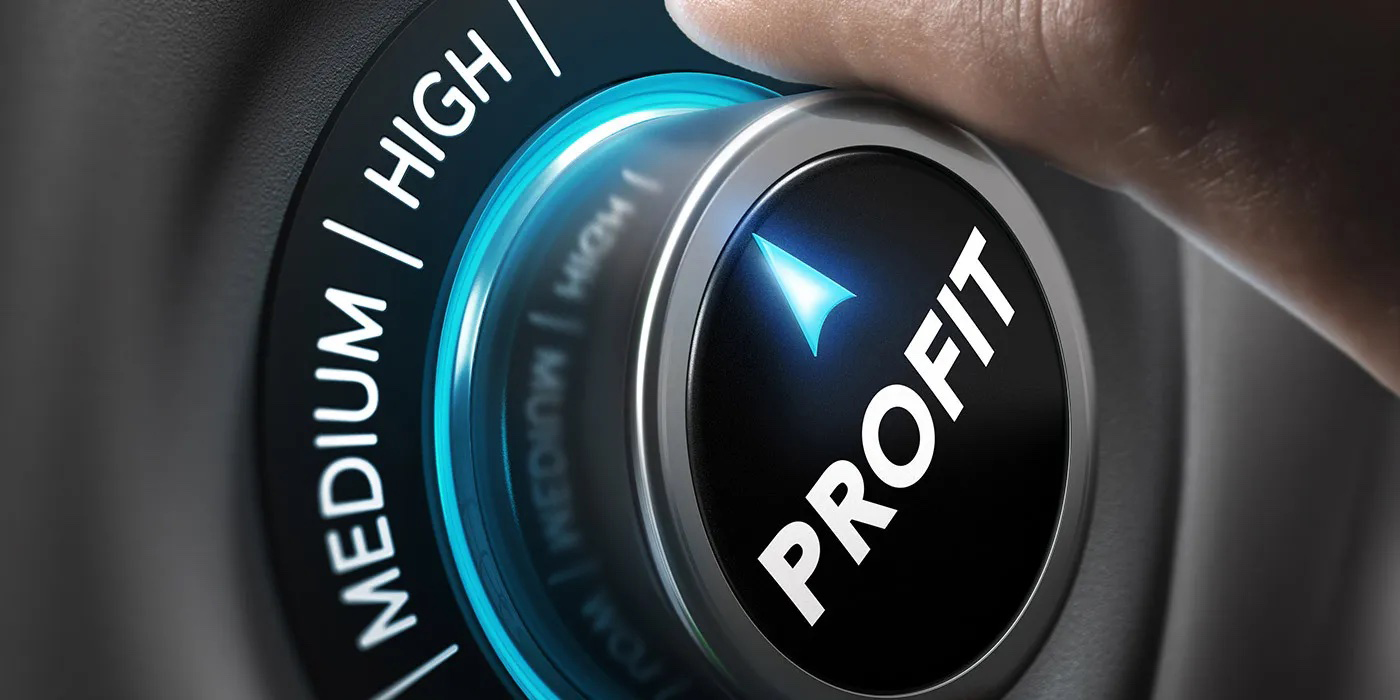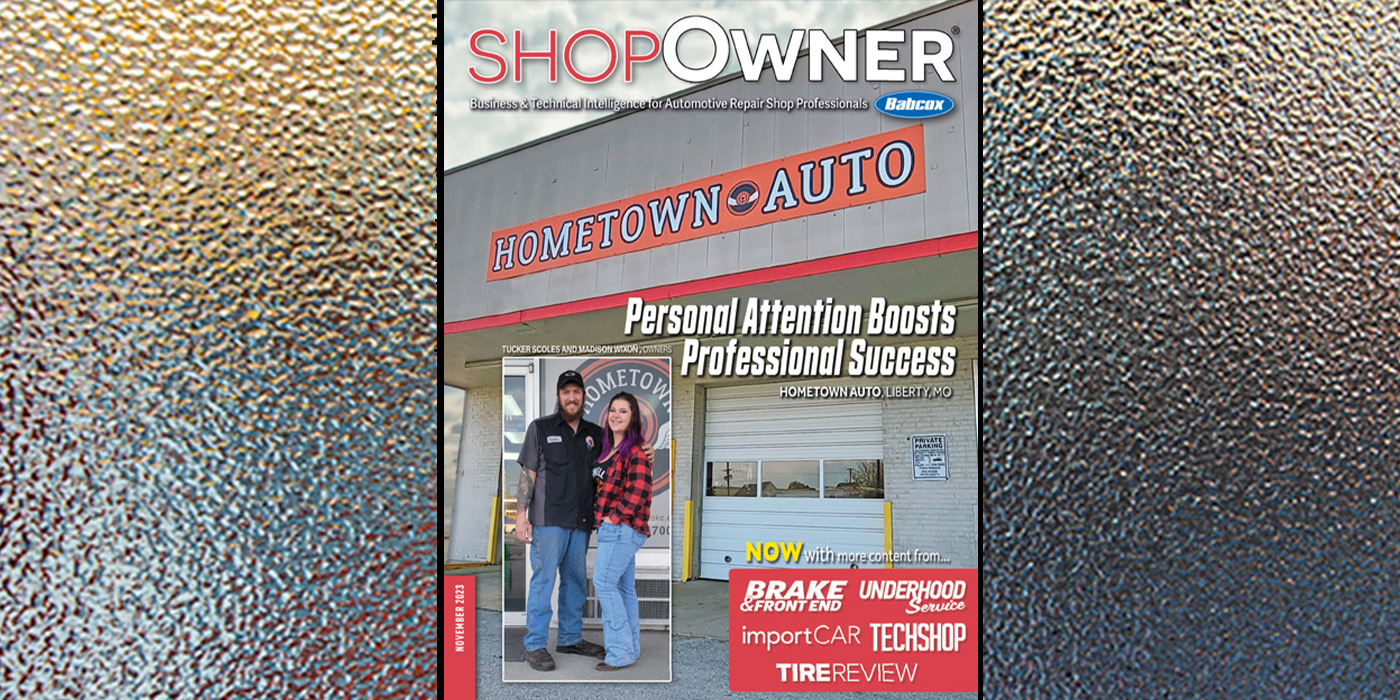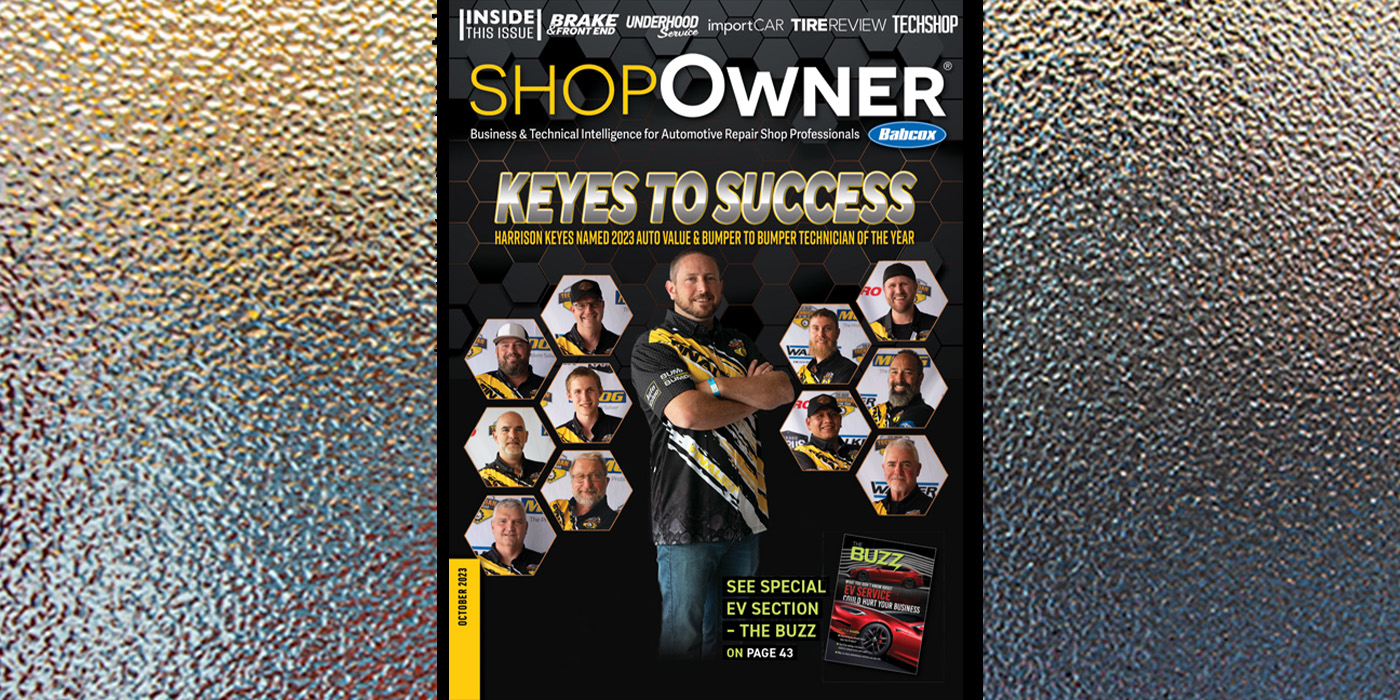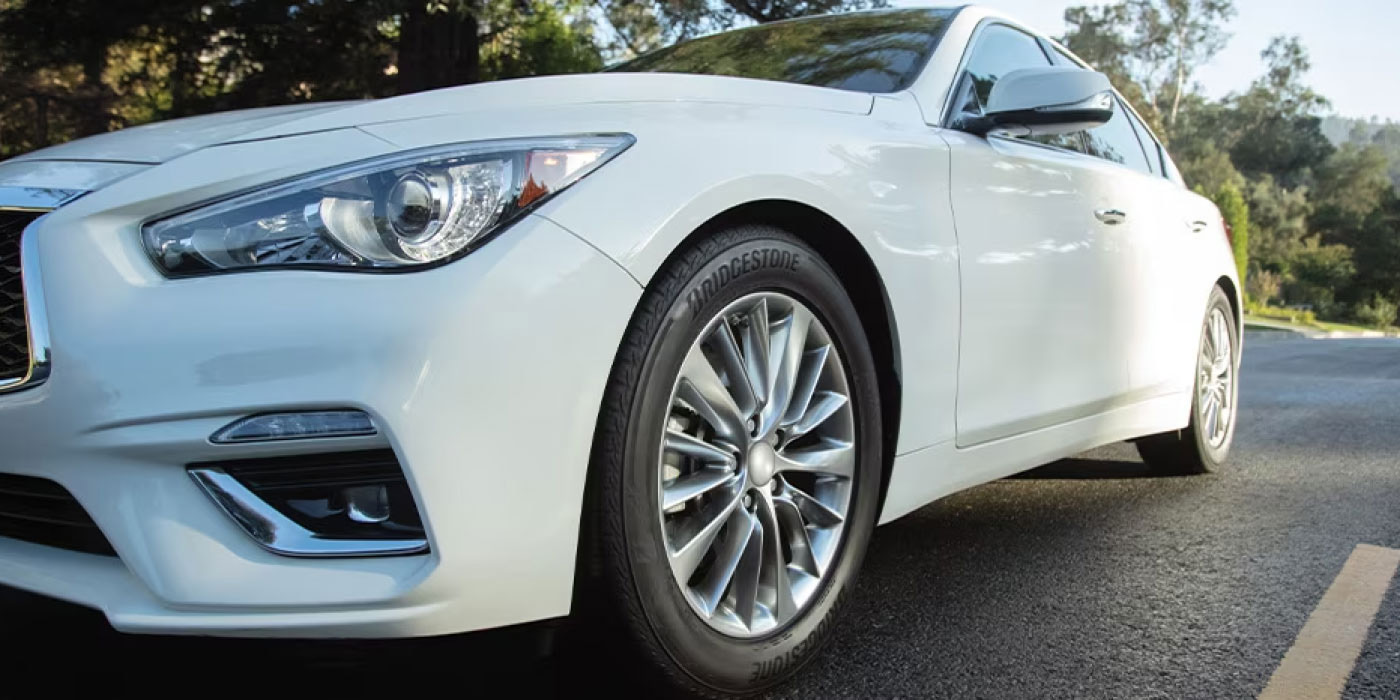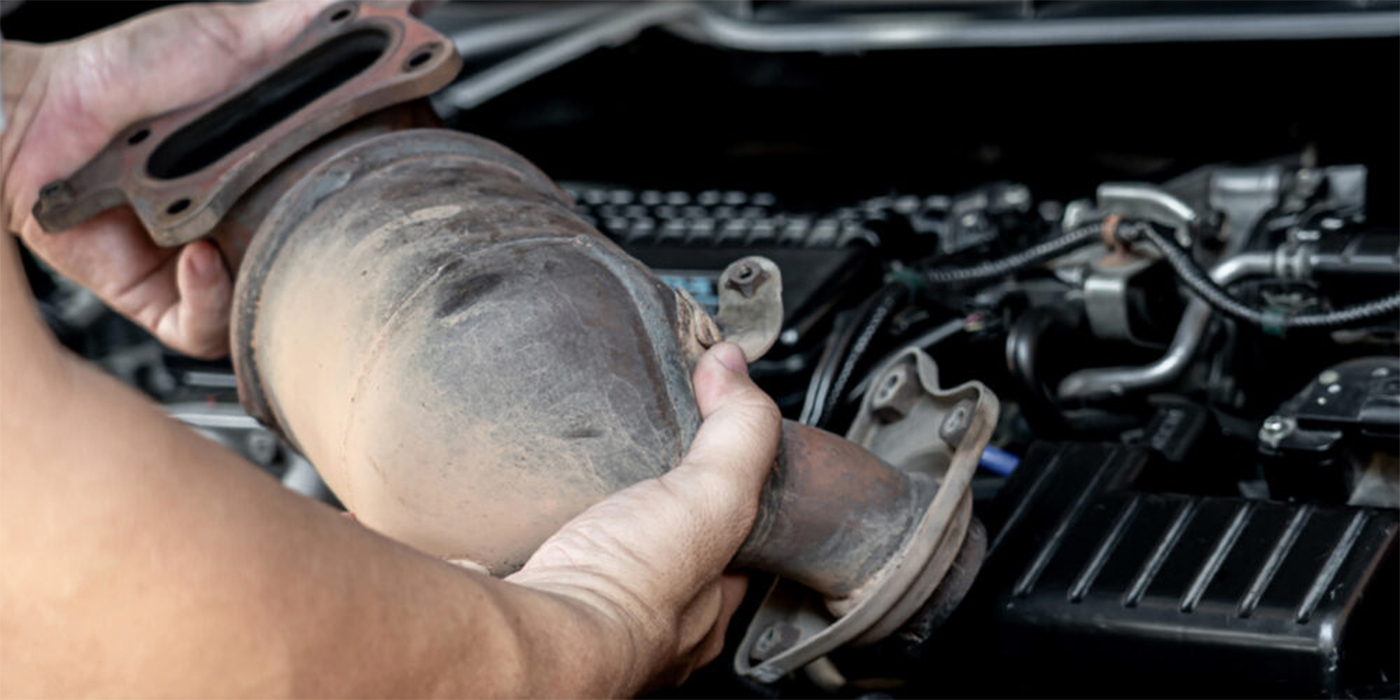By Cecil Bullard
CEO AutobizU.com
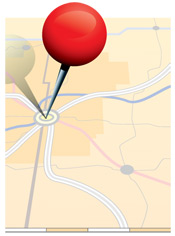 As part of your business plan, you need to determine who you’re “A” customers are and do some demographic research to determine where they live and how many of them there are in a given five-mile radius.
As part of your business plan, you need to determine who you’re “A” customers are and do some demographic research to determine where they live and how many of them there are in a given five-mile radius.
The ideal shop would be right in the middle of a five-mile radius of “A” customers, just over 10 miles from your original shop and on a very busy road where it is seen by thousands of commuters every day. Ideally, this is where you should put your second shop.
Should you pay extra for a better, more visible location? YES! In real estate, the motto is location, location, location. In business, the motto is also location, location, location, which translates into convenience for your clients and visibility for your business. For you, visibility is imperative, as you will spend your money on either location or advertising. Location is usually a good investment as property values will rise and your investment will be worth more as time goes by.
Customers have to know where you are in order to do business with you. A great location is a good way to help ensure success.
Should you lease or buy? If you have a good war chest (lots of cash in the bank), then buy the property if at all possible. Lease the property if you are on a tight budget. Leasing will reduce initial expenses (outlay) and give you more time to make the shop profitable.
If you lease, make sure you have a good, long-term lease with additional options and, if at all possible, the right to buy the property if it is ever sold (right of first refusal). A lease with an option to buy is your best bet and will often solidify the price so that you know what you need to do to buy.
I firmly believe that an automotive service business owner should always buy property if possible, but I now realize that my logic may not be as solid as I think, as there are many factors to consider and there are some cases where purchasing the property can be the wrong thing to do.
I have identified most of the primary factors to be weighed in considering whether to buy or lease your commercial property: Initial Investment; Mobility/Flexibility; Growth; Ongoing Costs; Future Value; and Control.

Initial Investment
The initial investment can take a large bite out of your capital when purchasing commercial property. It is typical to be asked to come up with at least 10%-20% of the initial purchase price and, in many cases, this can be considerably higher.
The initial cost of the property, set-up, equipment, marketing, staffing and running the business to profitability puts the down payment on the property out of reach for most business owners who are just starting out.
One of the leading causes for the failure of a new business is undercapitalization. Make sure you have enough cash in the bank to keep your start-up business afloat for at least one year under the worst of circumstances, and your established business afloat for at least six months.
Mobility/Flexibility
There are businesses where mobility is a primary factor to the success of the business, however, automotive service is usually not one of them. An automotive service business will draw the majority of its clients from within a five- to seven-mile radius of its location. In a rural setting, this can be considerably higher but a stable location is still essential to your success. Moving your business location even a mile will greatly affect your client return rate and you will lose customers. Moving more than five miles can be suicide.
I can think of only one case where lack of mobility has been a liability and not an asset. I know of a company in Michigan that owned its property and had a great business for many years in an industrial park outside the main city. When the economy shifted in the latest recession, many of the companies in the park went out of business. The automotive service center soon found itself in a relative ghost town with most of its business dried up. Since the business operator owned the property and the business was in serious decline, it was all but impossible for them to move. However, this is the exception and not the rule.
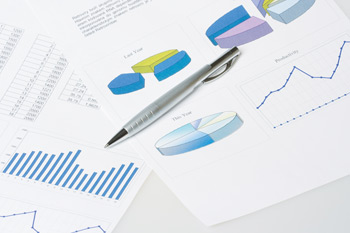
Growth
Projecting your growth is an important factor when planning any business. It is essential that you take into consideration the need for future space and the income that is associated with it, as well as the additional costs. The costs of growth are not limited to future space required, but can include lost business if you are tied into a piece of property that is too small with nowhere to expand.
I have had the opportunity to help many businesses outgrow their current locations. The challenge of finding additional bay space whether on the property you own or rent, or somewhere within a few miles of your current location, is always considerable. Many cities have decided that automotive service businesses have no right to exist outside of industrial parks or areas set aside for auto repair and other like businesses.
If you are leasing and you have done it right, you have a long-term lease with additional options, which locks you into the property almost as strongly as if you own the property. I agree that it is easier to break the lease and move, but if you own the property you have additional assets available that might make moving easier.
Ongoing Costs
Ongoing costs is an area where leasing might outweigh buying. The cost of owning property can come with additional expenses such as a new roof, fencing, soil contamination, flooding, additional taxes, etc.
There are plenty of lease/buy calculators online that will help you decide which is more cost effective.
A long-term lease gives you the freedom of having the landlord handle the inconveniences and additional expenses that can arise. But, if you are the property owner, you will have to come up with the additional money and time necessary to take care of any new expenses or problems.
I would like to add a caution here. I’ve been around a few years and I have bought and leased many properties. Aside from the fact that I had a landlord to take care of some of the problems when leasing, I almost always saw an increase in my rent to correspond with any additional property expenses, and my rent increased almost every year.
With a property payment, it is unlikely that your payments will increase unless you decide to pay extra or you have set up a balloon payment in the future to keep initial costs down. There may be additional expenses to maintain the property that may not be included with a lease, but I believe that they are outweighed by the fact that your payments are unlikely to increase if you are buying the property.
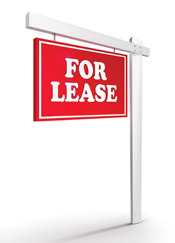
Future Value
When calculating the pros and cons of leasing versus buying, every online calculator includes the current and future value of your money and the future value of the property.
While property values have increased steadily for many years until the recent recession, recent articles indicate that property has steadily increased in every recession until this one.
I believe that you need to be careful here in considering future value. Most buy/lease calculators take into account the future value of your money if you had put aside the difference and invested it wisely instead of spending it on your property. This assumes that you will take the difference, save it and invest it wisely, which is a rather large assumption. In my experience there are few people who have the discipline to take the difference and invest it, let alone invest it wisely.
Many people also talk about a property as a forced savings plan. The question to ask yourself is, Will you take the money that you would have used as a down payment and any additional monthly savings that you might have because you leased instead of bought, and save? And, will you invest this money wisely and get a better increase than you will by owning your business property?
Stayed tuned for Part 3 of this article in January/February Shop Owner for more details about how property can help you gain and keep control of your life and build wealth for retirement.
Cecil Bullard is a 31-year automotive service industry veteran and a third generation technician and owner. An industry teacher, author and past board member of the Automotive Service Councils of California, Cecil is the CEO of AutobizU.com in Ogden, UT ([email protected]), where his mission is to help automotive service businesses create and implement a plan for their success.


